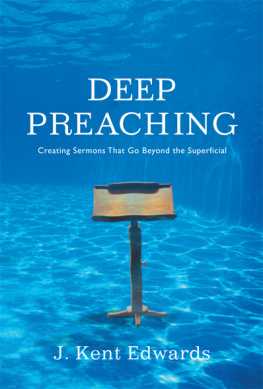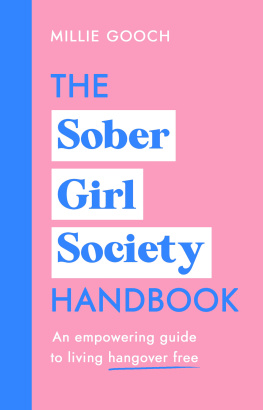Julian Millie - Hearing Allah’s Call: Preaching and Performance in Indonesian Islam
Here you can read online Julian Millie - Hearing Allah’s Call: Preaching and Performance in Indonesian Islam full text of the book (entire story) in english for free. Download pdf and epub, get meaning, cover and reviews about this ebook. year: 2017, publisher: Cornell University Press, genre: Religion. Description of the work, (preface) as well as reviews are available. Best literature library LitArk.com created for fans of good reading and offers a wide selection of genres:
Romance novel
Science fiction
Adventure
Detective
Science
History
Home and family
Prose
Art
Politics
Computer
Non-fiction
Religion
Business
Children
Humor
Choose a favorite category and find really read worthwhile books. Enjoy immersion in the world of imagination, feel the emotions of the characters or learn something new for yourself, make an fascinating discovery.

- Book:Hearing Allah’s Call: Preaching and Performance in Indonesian Islam
- Author:
- Publisher:Cornell University Press
- Genre:
- Year:2017
- Rating:5 / 5
- Favourites:Add to favourites
- Your mark:
Hearing Allah’s Call: Preaching and Performance in Indonesian Islam: summary, description and annotation
We offer to read an annotation, description, summary or preface (depends on what the author of the book "Hearing Allah’s Call: Preaching and Performance in Indonesian Islam" wrote himself). If you haven't found the necessary information about the book — write in the comments, we will try to find it.
Hearing Allahs Call changes the way we think about Islamic communication. In the city of Bandung in Indonesia, sermons are not reserved for mosques and sites for Friday prayers. Muslim speakers are in demand for all kinds of events, from rites of passage to motivational speeches for companies and other organizations. Julian Millie spent fourteen months sitting among listeners at such events, and he provides detailed contextual description of the everyday realities of Muslim listening as well as preaching. In describing the venues, the audience, and preachersmany of whom are womenhe reveals tensions between entertainment and traditional expressions of faith and moral rectitude.
The sermonizers use in-jokes, double entendres, and mimicry in their expositions, playing on their audiences emotions, triggering reactions from critics who accuse them of neglecting listeners intellects. Millie focused specifically on the listening routines that enliven everyday life for Muslims in all social spacesimagine the hardworking preachers who make Sunday worship enjoyable for rural as well as urban Americansand who captivate audiences with skills that attract criticism from more formal interpreters of Islam. The ethnography is rich and full of insightful observations and details. Hearing Allahs Call will appeal to students of the practice of anthropology as well as all those intrigued by contemporary Islam.
Julian Millie: author's other books
Who wrote Hearing Allah’s Call: Preaching and Performance in Indonesian Islam? Find out the surname, the name of the author of the book and a list of all author's works by series.








